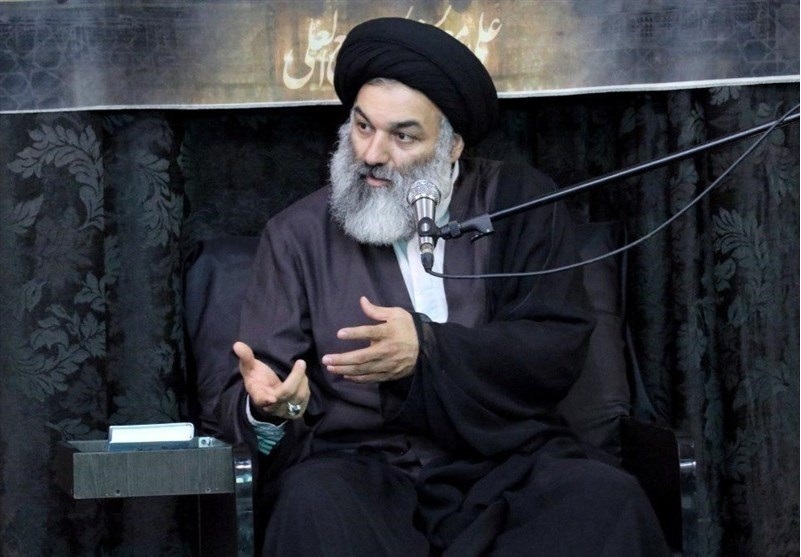Scholar: Protecting Nature Is a Divine Trust in Islam

Speaking in an interview with IQNA on Quranic perspectives of urban life, Hojat-ol-Islam Seyyed Reza Emadi argued that Islamic sources view the environment not just as a natural resource but as a divine trust. He said both governments and citizens carry responsibility for safeguarding it for current and future generations.
“Imam Sadiq (AS) taught that ‘life is not pleasant without three things: clean air, abundant fresh water, and fertile soil,’” the scholar said. “These words from centuries ago show that environmental justice has always been part of Islamic thought.”
The Quran itself, he noted, describes a “pure land” (balad tayyib) as one where clean air and healthy soil coexist. “We cannot imagine a pure city with polluted skies,” he said, pointing to verses in Surah al-A‘raf and Surah Saba that praise lush, green surroundings as signs of divine blessing.
Read More:
The scholar also explained the link between Islamic law and modern urban challenges. “Early jurists debated whether noisy or smoky trades like blacksmithing should be allowed near residential areas,” he said. “That shows how seriously Muslim scholars took pollution and public well-being, even centuries ago.”
Contemporary jurists, he added, extend the same principles. He cited a ruling by Iran’s Islamic Revolution Leader, who declared it “forbidden and unlawful” for factories to pollute air by refusing to install filters. “This is not just a legal issue—it is a matter of people’s rights,” he said.
He emphasized that the Quran presents justice as both a social and environmental duty. Concepts such as qist (social justice) and mizan (balance) guide not only human interactions but also stewardship of nature. “To pollute the air or destroy resources is to betray that balance,” he said.
Read More:
On policy, the scholar said governments must ensure laws that protect clean water, soil, and air as “fundamental rights.” Citizens, too, must share responsibility through practices such as recycling, using public transport, and preserving green spaces.
He warned against assuming that Islam opposes progress. “The Quran teaches moderation—khayr al-umūr awsaṭuhā, the best path is the middle way,” he said. “A modern city can be both advanced and faithful to divine values if it respects human dignity, environmental justice, and spiritual balance.”
4304688



